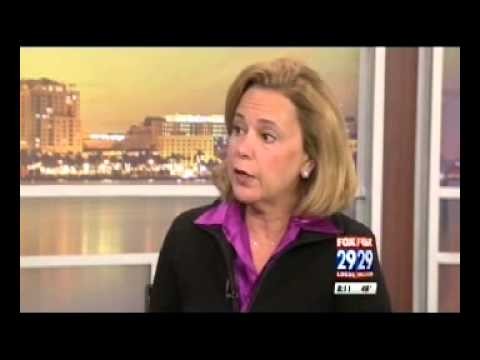What do rising interest rates mean to you
Post on: 16 Март, 2015 No Comment

Federal Reserve Chair Janet Yellen arrives for a Board of Governors meeting at the Federal Reserve in Washington, Wednesday, Sept. 3, 2014. T (Photo: Susan Walsh AP)
Sooner or later, the Federal Reserve will have to raise interest rates, and this will affect you and every other investor in the United States.
Regardless of when it happens, the Federal Reserve will begin increasing the federal funds rate from its current range of zero to 0.25%. Once that happens, all other interest rates will rise and usher in a new world of new opportunities and dangers for all of us.
For bond investors, particularly in open-ended mutual funds, rising interest rates are bad news because as interest rates rise, bond values decrease. Many analysts argue that the bond market is a huge bubble that has been created by the Fed’s long-standing easy money policies and that bond investors are about to take a huge bath as rates start to rise.
However, there are bond related exchange-traded funds that can allow you to seek profits even in a rising interest rate environment.
One popular ETF designed to benefit from rising interest rates and falling bond prices is the ProShares UltraShort Treasury Bond ETF (TBT ). This ETF rises 2% for every 1% the Barclays 20+ Year U.S. Treasury Bond Index falls, and vice-versa. Leveraged ETFs come with significant risk and so it’s important that you fully understand how they operate before venturing into these waters.
A non- leveraged inverse bond ETF is ProShares Short 20+ Year Treasury (TBF ) which falls 1% for every 1% rise in the Barclays U.S. 20+ Year Treasury Bond Index.
Those investors who prefer to short the 10-year Treasury might want to try the iPath U.S. Treasury 10-year Bear ETN (DTYS ). Because DTYS is not leveraged, investors do not have to worry about being hit twice as hard when the ten-year Treasury note advances.(A short position is a bet on falling prices.)
Investors who want to stay with bond funds for income or safe haven purposes are likely to find better results in short duration Treasury notes or bills since these will won’t be hit as badly by rising interest rates and longer-term bond funds would be. A number of ETFs are also available such as the iShares Barclays 1-3 Year Treasury Bond Fund (SHY ) or the Vanguard Short-Term Government Bond ETF (VGSH ).
Aside from direct investments in bonds, homeowners and prospective home buyers will also be impacted by rising interest rates. We have been in an historic era of ultra-low mortgage rates and this period could be coming to an end if and when the Federal Reserve actually starts raising interest rates. Homeowners may want to take the opportunity to refinance their homes before interest rates rise in order to lock-in today’s historically low rates, and prospective buyers could consider making a move sooner rather than later when mortgage rates could start to rise.
Finally, stock market investors could feel more pressure in the event of an interest rate hike. A higher federal funds rate results in a tighter money supply, which leaves less money available to be invested in stocks and creates competition for investment returns that we haven’t seen during this long period of low interest rates. Stocks which should withstand interest rate hikes with the most resilience will likely be those which are for companies with large cash holdings, while highly-leveraged businesses and interest rate sensitive industries like home builders and automobile manufacturers could run into rougher water ahead.
Overall, we have been living in an historic period of low interest rates as the Federal Reserve worked to bolster the U.S. economy. Now the prevailing investment chatter points to a change in the weather that could start as early as the first quarter of 2015. Between now and then, each of us will have to adjust to what could be a rapidly changing environment. The Federal Reserve is in uncharted territory here and volatility and unexpected surprises can be expected.
John Nyaradi is publisher of Wall Street Sector Selector. a financial media site and newsletter focused on ETFs and global financial analysis, which is a USA TODAY content partner offering financial news and commentary. Its content is produced independently of USA TODAY.














